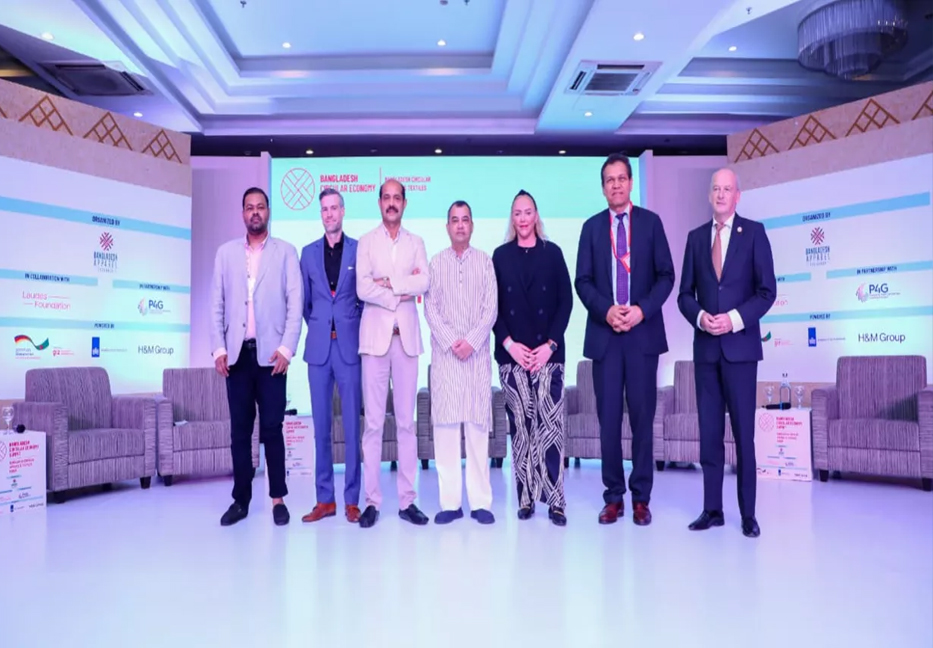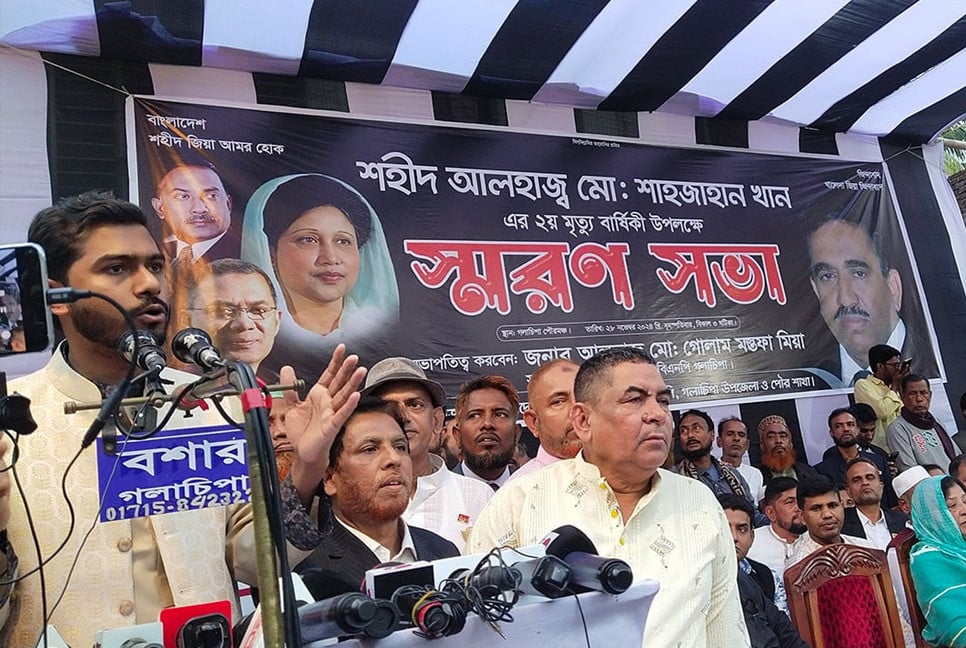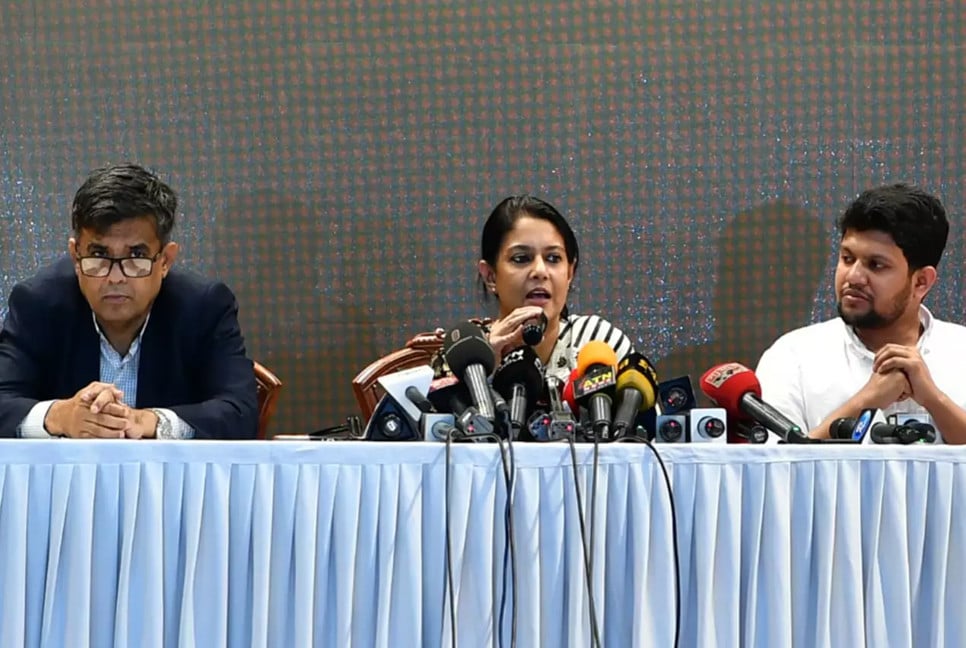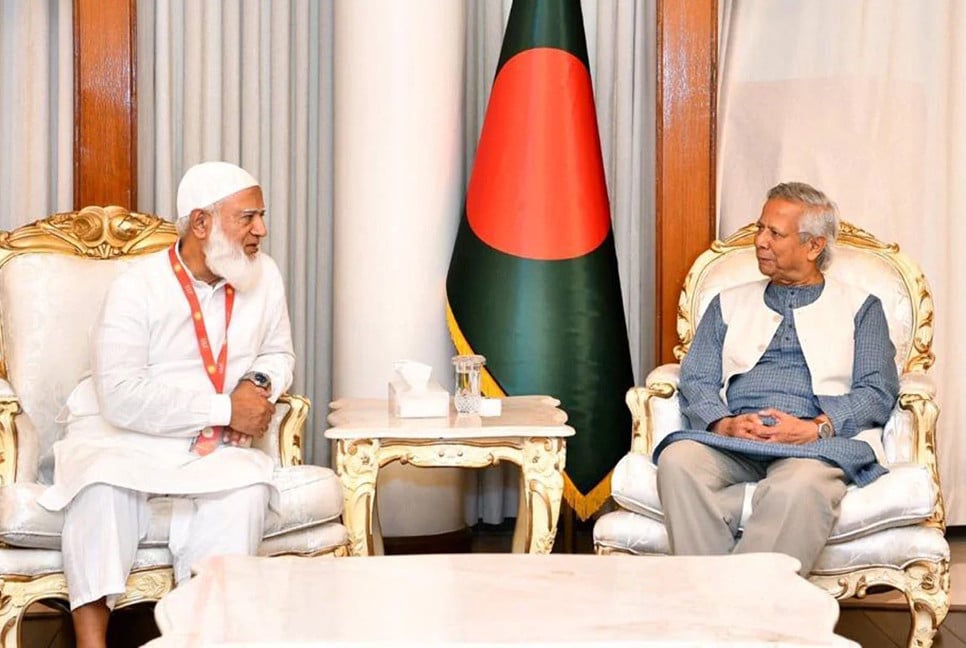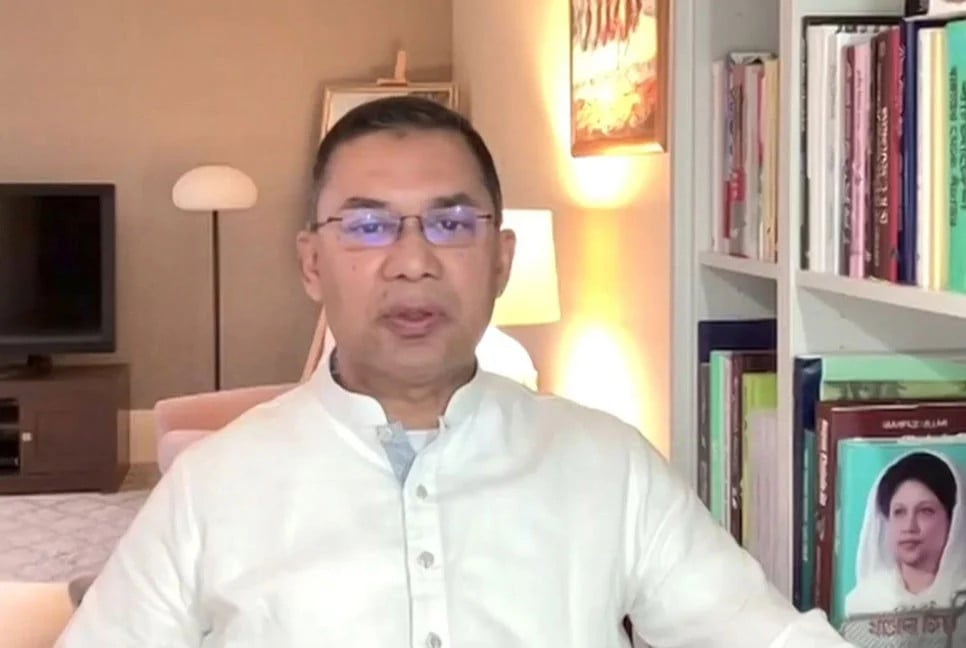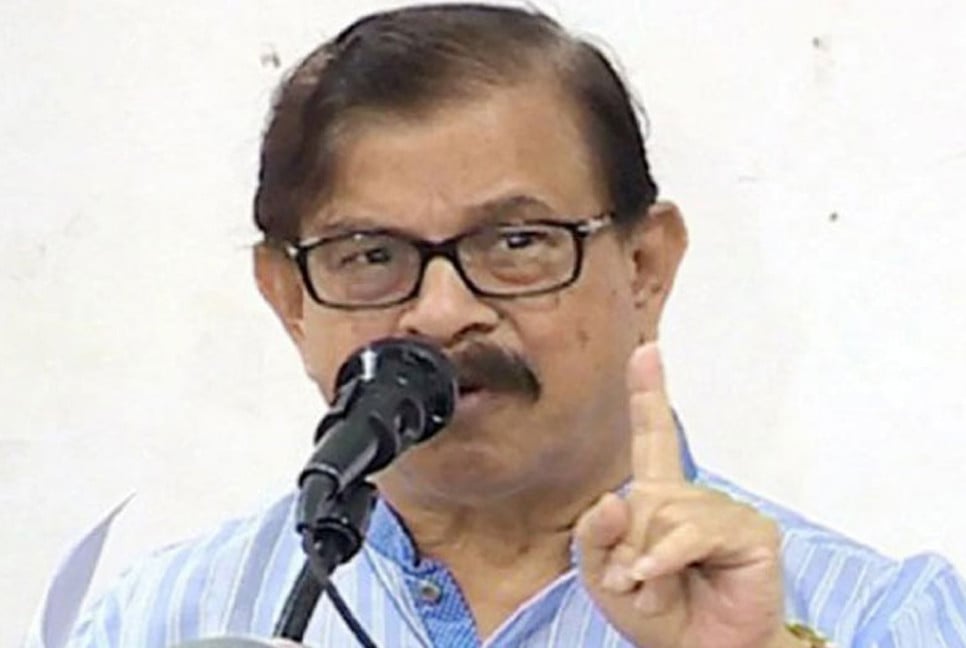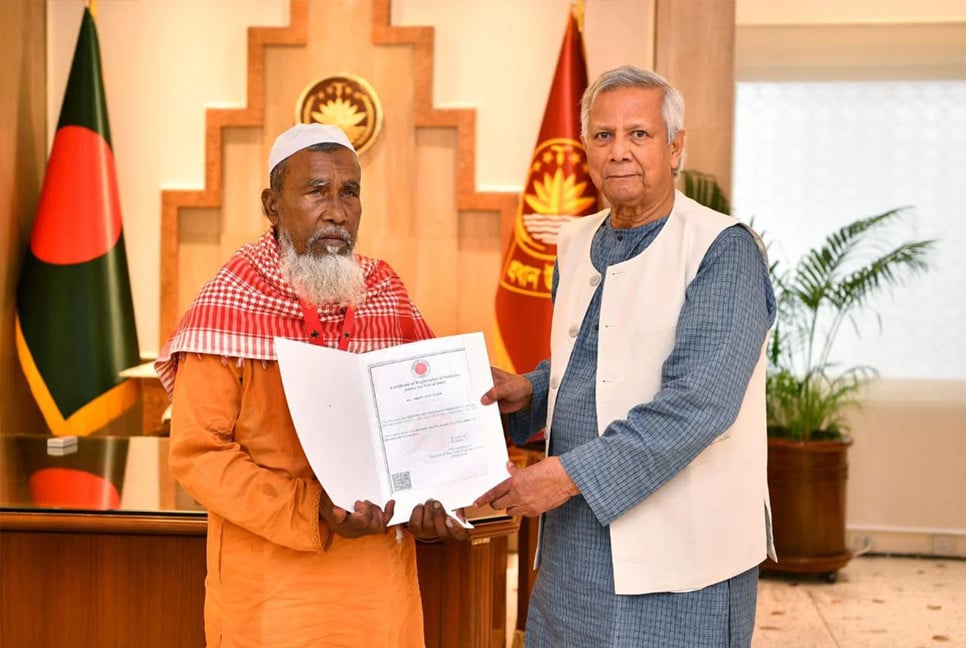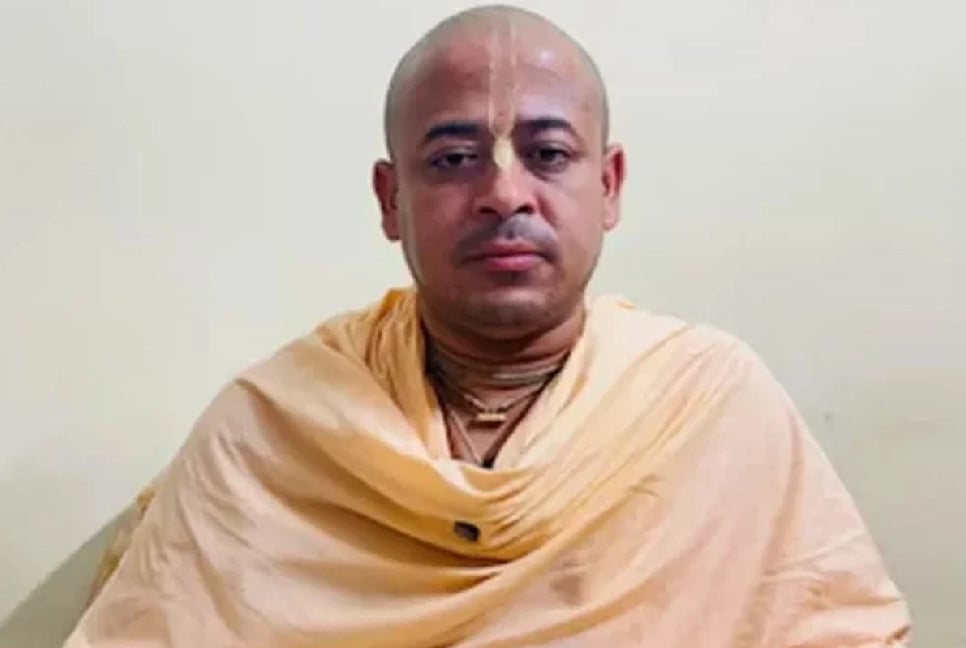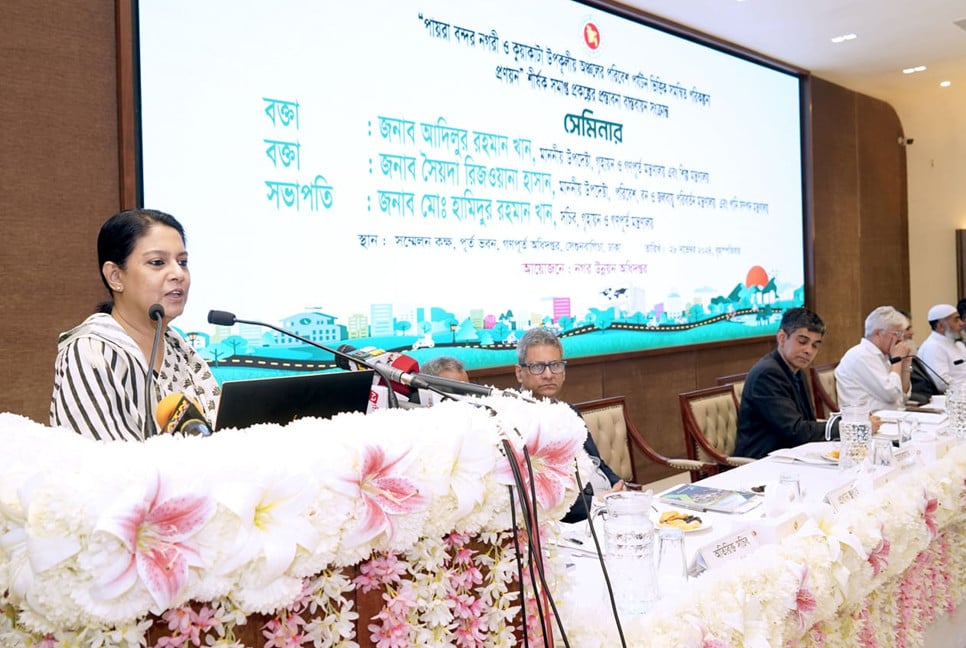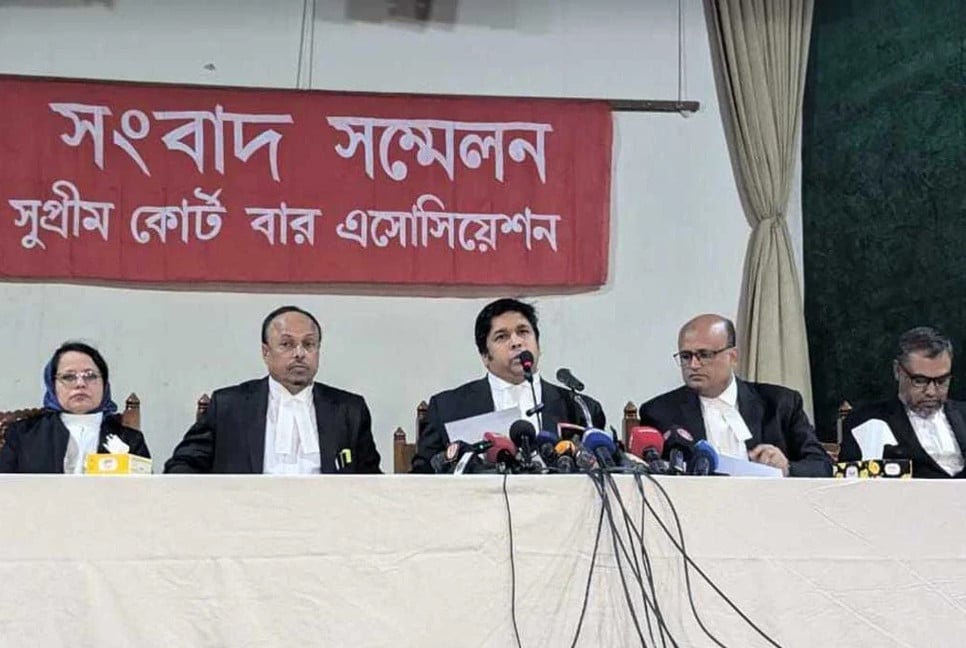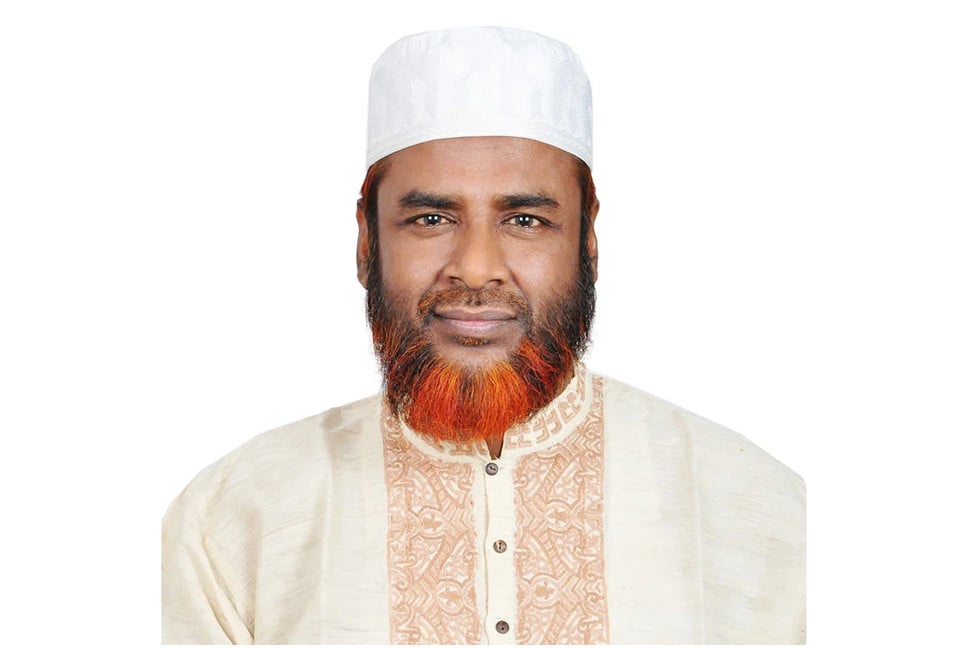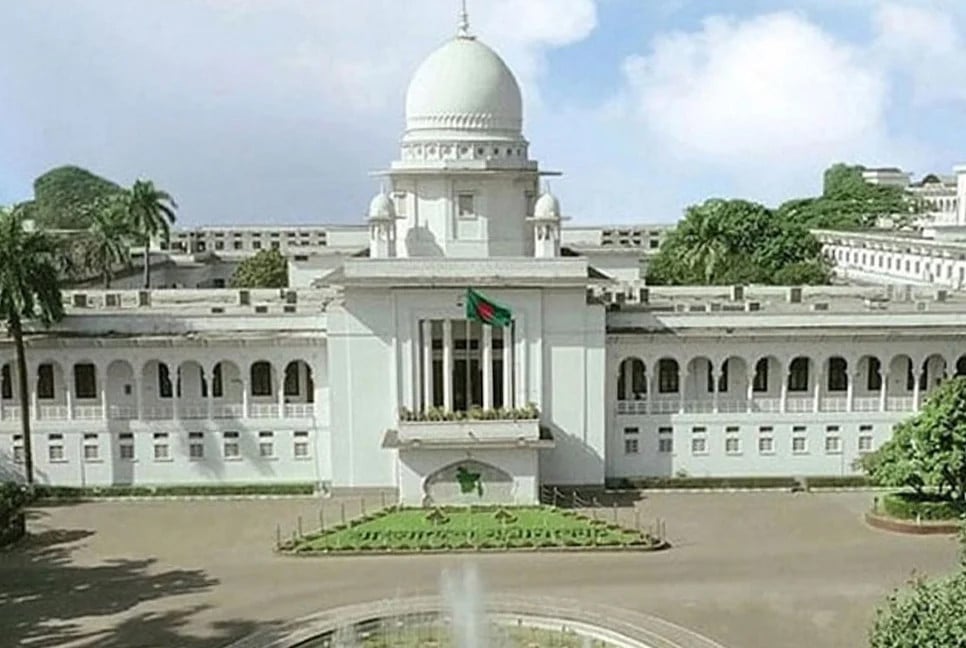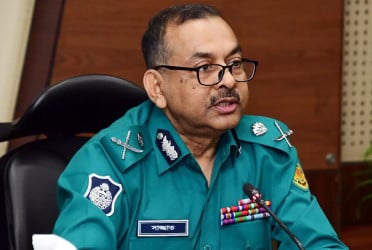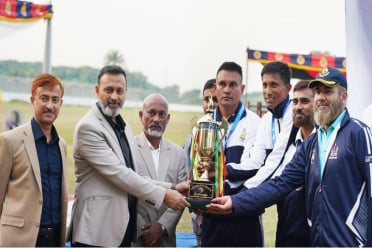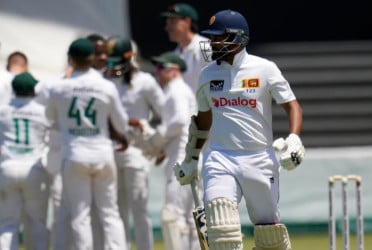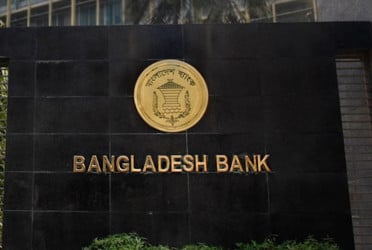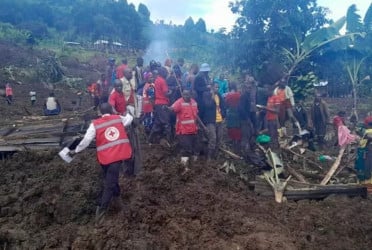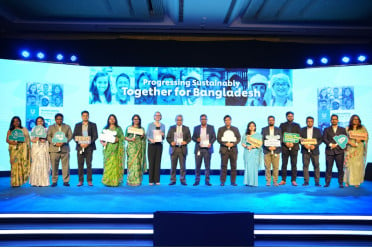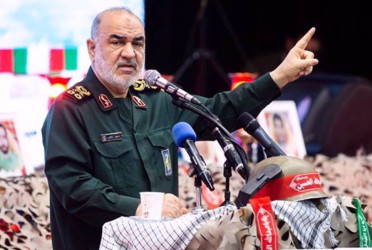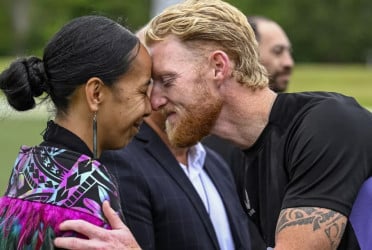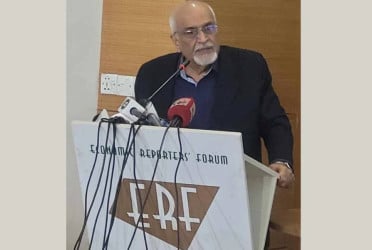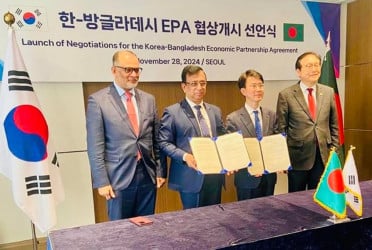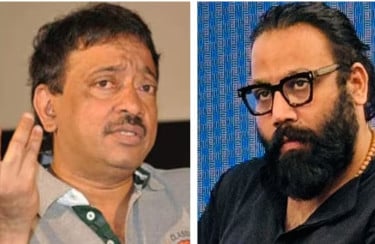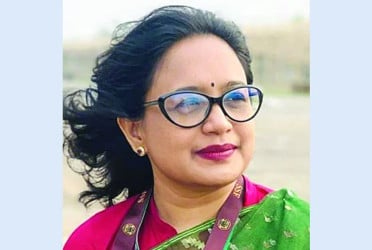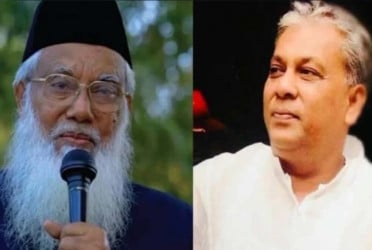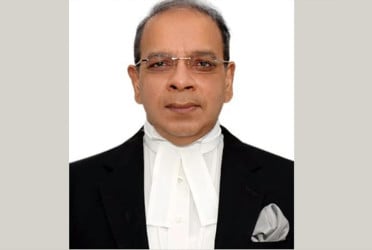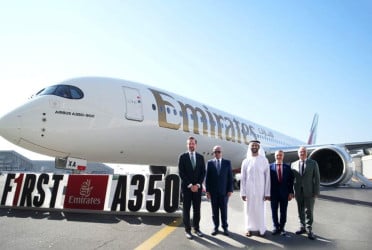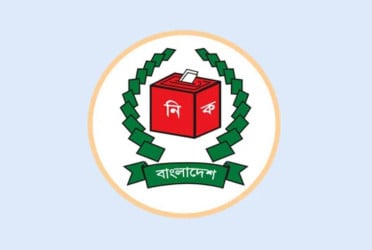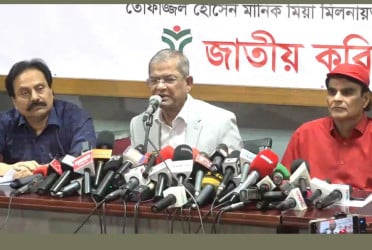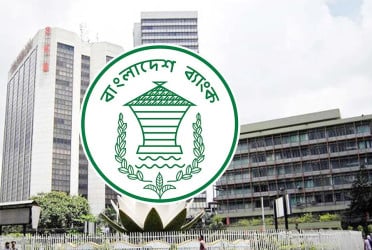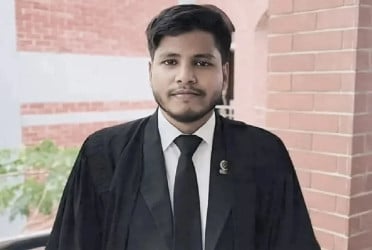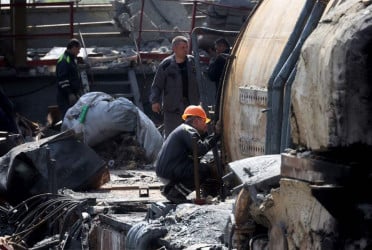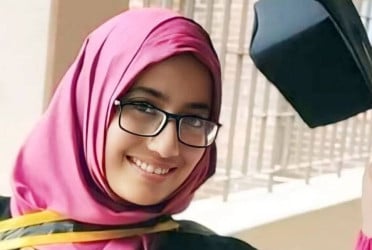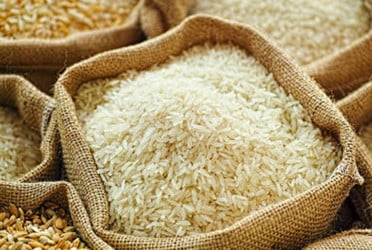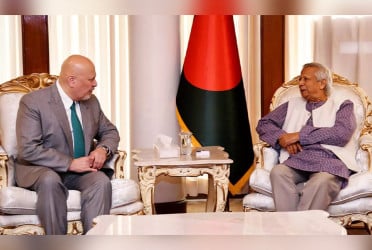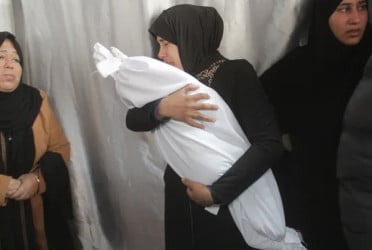Prime Minister’s Special Envoy on Environment and Climate Change Saber Hossain Chowdhury on Thursday said they need to make the shift from linear to circular economy to keep resources in use for as long as possible, and extract and harvest the maximum value from the products whilst in use.
‘’In traditional economy which is linear, we produce, consume and throw away is not sustainable,” said Saber, also Chairman of Parliamentary Standing Committee on Ministry of Environment, Forests and Climate Change (MOEFCC) while speaking at the 1st Bangladesh Circular Economy Summit.
For that, he said, the business case for circularity has to be win-win for manufacturers and buyers.
Circularity will be the key for the next growth transition of Bangladesh’s economy, speakers said in the Summit.
The Bangladesh Circular Economy Summit was organised by Bangladesh Apparel Exchange in collaboration with Laudes Foundation and in partnership with P4G.
The summit was powered by GIZ, Embassy of the Kingdom of the Netherlands in Bangladesh and H&M Group.
Mayor, Dhaka North City Corporation Md. Atiqul Islam, Ambassador of the Kingdom of the Netherlands to Bangladesh Anne Van Leeuwen, Country Director, Bangladesh Resident Mission, Asian Development Bank Edimon Ginting, Deputy Head of Delegation, Delegation of the European Union to Bangladesh Dr Bernd Spanier; Head of Sustainability, H&M Group Leyla Ertur and founder and CEO of Bangladesh Apparel Exchange Mostafiz Uddin, among others, spoke at the opening plenary of the summit.
Atiqul Islam said ‘‘3R – reduce, recycle and reuse are the keys for sustainability. Moreover, extended product or producer responsibility as stipulated by the EU is going to be mandatory for apparel producers in Bangladesh. So, the importance of promoting circular fashion in the country cannot be overstated.’’
Ambassador Anne Van Leeuwen said the Netherlands and Bangladesh have many things in common and one of them is that both countries are big deltas, thus vulnerable to climate change.
“Bangladesh has made tremendous progress in economy and social development indexes. The country has the opportunity to be a leader in the circular economy too,” said the Ambassador.
Leyla Ertur said the fashion industry needs to accelerate its transformation towards circularity as the way forward to solve the biggest challenges we face, not only companies but societies in general, such as climate change and biodiversity loss.
“We need to join forces to build a circular fashion ecosystem and Bangladesh is unique as the country with the world’s largest share of pre-consumer textile waste readily available for recycling. Bangladesh has a great potential to attract investments from local and foreign investors to scale up the production of high-value recycled fibers from pre-consumer waste. However, we are well-aware the industry needs advancing policy to regulate the waste handling sector in order to move forward in this area.’’
Founder and CEO of Bangladesh Apparel Exchange Mostafiz Uddin said Bangladesh Circular Economy Summit aims to find out the opportunities for the shift from the linear to circular business model and foster collaborations among the stakeholders to promote a circular economy in the country.
The summit consisted of four plenary sessions, three keynotes, three presentations, a roundtable and a fireside chat.
At the plenary session ‘The Bangladesh Economy - The Path Towards a Circular Economy’, speakers were Md Ariful Hoque, Director, Bangladesh Investment Development Authority (BIDA); Dr. Abdul Hamid, Director General, Department of Environment, Ministry Of Environment, Forest And Climate Change; Dr. Khairuzzaman Mozumder, Additional Secretary at Finance Division, Ministry of Finance, Government of Bangladesh; Ziaur Rahman, Regional Country Manager Production (Bangladesh, Pakistan And Ethiopia), H&M; Iqbal Chowdhury, CEO, LAFARGEHOLCIM Bangladesh Limited (LHBL); Zaved Akhtar, CEO and Managing Director, Unilever Bangladesh Limited; an M Riaz Hamidullah, Ambassador of Bangladesh to the Netherlands (Moderator).
At the plenary session ‘Circular Cities’, the speakers were Professor Akter Mahmud, Jahangirnagar University; Kristin Strandberg, Cities Strategist, Circle Economy; Engr. Taqsem A. Khan, Managing Director And CEO, Dhaka WASA; Md Ashraful Islam, Chief Town Planner, Capital Development Authority (RAJUK); and Morten Lehmann, Co-Founder and CEO of Tailwind (Moderator).
At the plenary session ‘Accelerating Circular Economy in Apparel and Textile - The Role of Policy’, speakers were Ahmed Shihab Zaman, National Platform Liaison, Partnering For Green Growth And The Global Goals 2030 (P4g); Omar Gias, Director (Strategic Engagement), Bangladesh Apparel Exchange; Faisal Rabbi, Engagement & Public Affairs Team for H&M Group; Zaki Uz Zaman, Country Representative of the United Nations Industrial Development Organization (UNIDO); Barrister Vidiya Amrit Khan, Deputy Managing Director, Desh Garments Ltd And Director, BGMEA; Md. Akhter Hossain Apurbo, Vice President, BKMEA; Abdur Rahim Khan, Additional Secretary, Ministry of Commerce, Government of Bangladesh; and Micke Magnusson, Entrepreneur-In-Residence and Agent for Impact, Enviu (Moderator).
At the plenary session ‘Lessons Learnt and Next Steps for Post Industrial Recycling in Bangladesh - Practical and Tangible Advice and Actions for Progress’, the speakers were Mumit Hasan, Director, Reverse Resources; Stephanie Schuitemaker, Head of Communication and Member of Holland Circular Hotspot; Gagan Bansal, Head of Material Innovation and Strategy at H&M Group; Professor Matin Abdullah, Brac University; and Dr. Michael Klode, Project Manager with GIZ Bangladesh (Moderator).
The keynote ‘Circular Economy Myth Busting: A Shared Understanding’ was presented by Kim Poldner, Professor Circular Business, the Hague University of Applied Sciences.
The keynote ‘Circular Economy in Bangladesh: Challenges and Opportunities’ was presented by Riaz Hamidullah, Ambassador of Bangladesh in the Netherlands. The keynote ‘Circular Business Models and Design for Apparel Industry in Bangladesh’ was presented by Stephanie Schuitemaker, Head of Communication, Holland Circular Hotspot.
The ‘Circularity Gap Report 2023’ was presented by Ola Bakowska, Strategist of the Circular Textiles Programme at Circle Economy.
The ‘Blueprint for a Circular & Sustainable Future’ was presented by Buddhi Paranamana, Director - Sustainability & Innovation, PDS Limited.
The ‘Coming into Action: How the Government Can Play Their Role’ was presented by Arnoud Passenier, Strategic International Advisory Circular Economy, The ‘Promoting Circular Fashion in Bangladesh’ was presented by Werner Lange, Coordinator GIZ Textile Cluster Bangladesh.
In the fireside chat on ‘Decent Work in a Circular Economy – How to Achieve a Just Transition’ the speakers were Naureen Chowdhury, Head of Labour Rights Programme, Laudes Foundation; Apoorva Shankar, Senor Labour Market Consultant, Circle Economy; and Sandra Gonza, Strategic and Business Impact Consultant (Moderator).
Bd-pratidin English/Lutful Hoque

